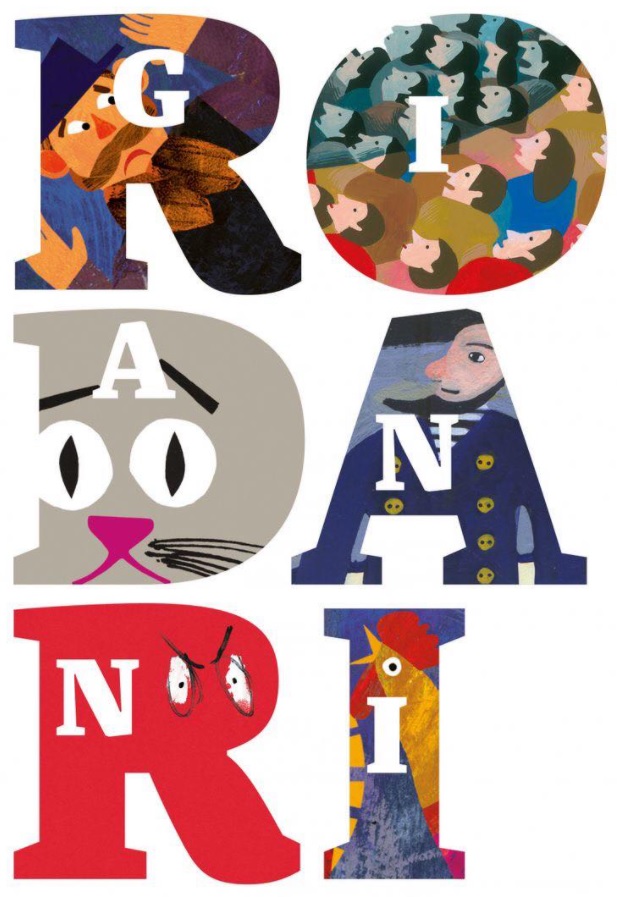collettivo culturale tuttomondo Gianni Rodari – Il professor Grammaticus
Il professor Grammaticus, un giorno, decise di riformare la grammatica.
— Basta, — egli diceva, — con tutte queste complicazioni. Per esempio, gli aggettivi, che bisogno c’è di distinguerli in tante categorie? Facciamo due categorie sole: gli aggettivi simpatici e gli aggettivi antipatici.
Aggettivi simpatici: buono, allegro, generoso, sincero, coraggioso. Aggettivi antipatici: avaro, prepotente, bugiardo, sleale, e via discorrendo. Non vi sembra più giusto?
La domestica che era stata ad ascoltarlo rispose: — Giustissimo.
— Prendiamo i verbi, — continuò il professor Grammaticus. — Secondo me essi non si dividono affatto in tre coniugazioni, ma soltanto in due. Ci sono i verbi da coniugare e quelli da lasciar stare, come per esempio: mentire, rubare, ammazzare, arricchirsi alle spalle del prossimo. Ho ragione sì o no?
— Parole d’oro, — disse la domestica.
E se tutti fossero stati del parere di quella buona donna la riforma si sarebbe potuta fare in dieci minuti
_
El profesor Grammaticus, un día, decidió reformar la gramática.
– Suficiente – dijo, -con todas estas complicaciones. Por ejemplo, los adjetivos, ¿qué necesidad hay de distinguirlos en tantas categorías? Hacemos solo dos categorías: adjetivos agradables y adjetivos desagradables.
Bonitos adjetivos: bueno, alegre, generoso, sincero, valiente. Adjetivos desagradables: tacaño, matón, mentiroso, desleal, etc. ¿No te parece justo?
La criada que lo había estado escuchando respondió: – Muy bien.
– Tomemos los verbos -, continuó el profesor Grammaticus. – En mi opinión, no se dividen en tres conjugaciones en absoluto, sino solo en dos. Hay verbos para conjugar y otros para dejar en paz, como: mentir, robar, matar, hacerse rico detrás de otros. ¿Estoy en lo cierto o sí?
-Palabras de oro -, dijo la criada.
Y si todos hubieran sido de la opinión de esa buena mujer, la reforma podría haberse hecho en diez minuto
_
Gianni Rodari
_

immagine dal web
Gianni Rodari (Omegna, Lombardía, 1920 – Roma, 1980) fue un escritor, pedagogo y periodista italiano especializado en literatura infantil y juvenil.
Como pedagogo realizó una gran labor siempre al servicio de la renovación educativa. Su obra Gramática de la fantasía es el principal exponente de sus ideas en este campo, convirtiéndose con el tiempo en un clásico de la literatura pedagógica … siga leyendo Wikipedia
_
Gianni Rodari – Il professor Grammaticus